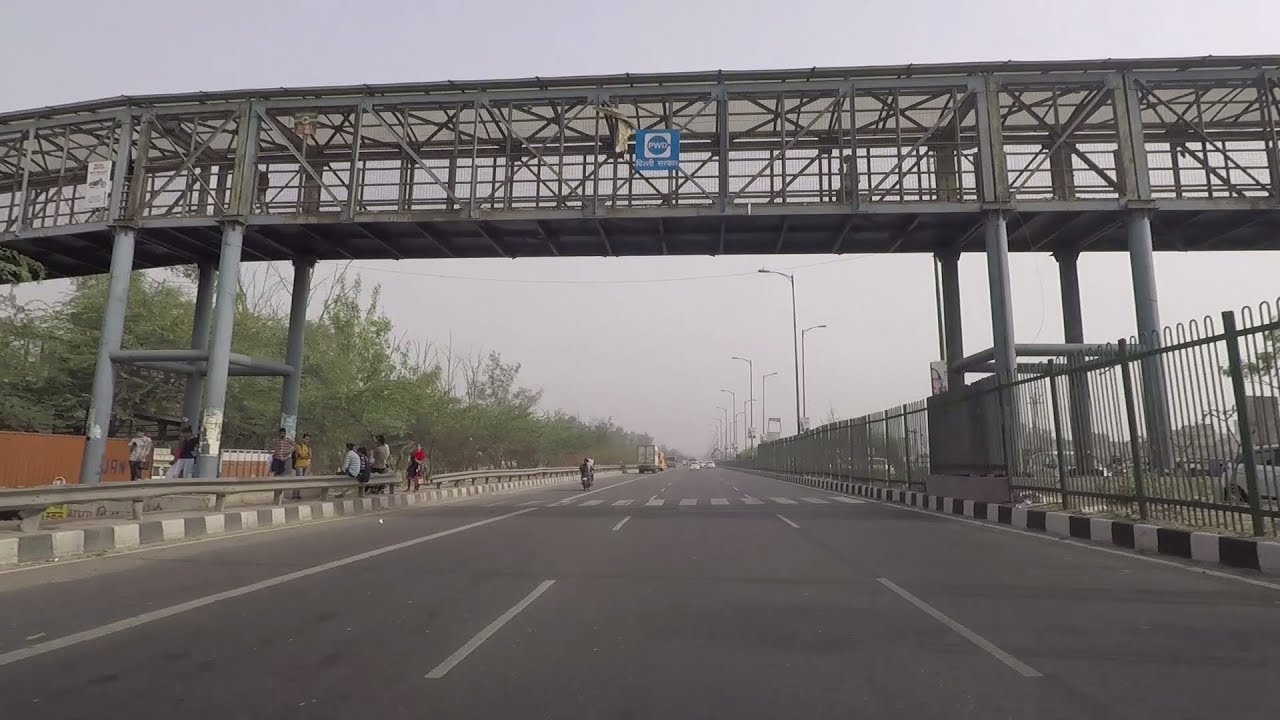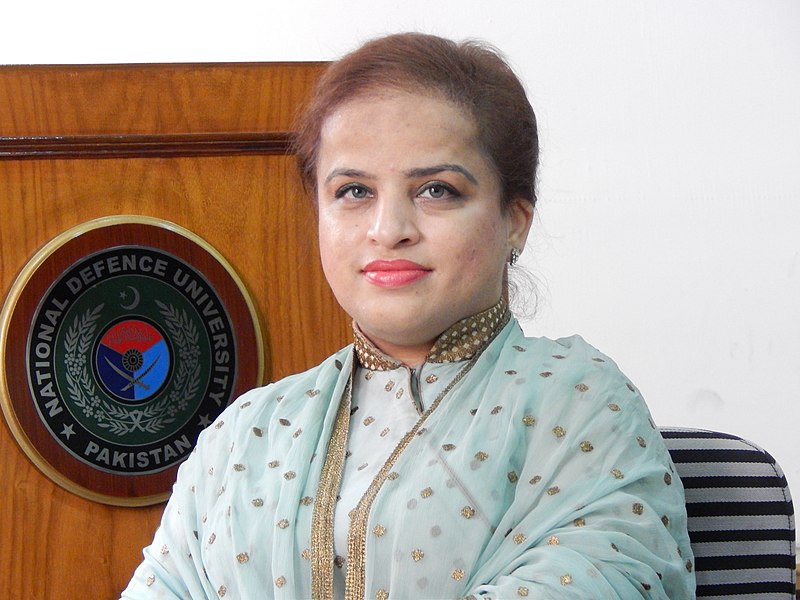Asma Shakir Khawaja, The Grand Trunk Road to Confidence Building Measures Between Pakistan and India (Islamabad: National Defence University, 2018), pp. 334
The question of peace and its relevance to the South Asian region has been addressed by Dr Khawaja, who is presently working in an Islamabad based university. She has earned a doctorate from Germany and has become a prominent figure in global academic circles. She is a widely published author and a prolific writer specializing in the strategic dimensions of South Asian political affairs. She contributed her efforts to establish Pakistan’s first Department of Peace and Conflict Studies in National Defence University (NDU), Islamabad. In her latest book, Shaking Hands with Clenched Fists, she has tried to examine possible situations for peaceful interaction and political cooperation between the two nuclear weapons States in the South Asian region. In other words, she has endeavored to investigate the probable scenarios for peace in the nuclearized subcontinent and has attempted to highlight an ignored aspect of South Asian nuclear politics which revolves around New Delhi and Islamabad. She has attempted to survey the responsible actors’ role, which could generate a peaceful regional political order in the subcontinent based on a multifaceted cooperative approach.
The toxic affairs of the two nuclear neighbours have not only undermined the scope of peace and stability in South Asia, it has resulted in a protracted India-Pakistan hostility. It has also diminished the vision of bilateral cooperation at different fronts between New Delhi and Islamabad. This inflexible national standing of both states has complicated South Asia’s regional security environment. It also hindered global efforts for generating peace and stability in the subcontinent. The ten chapters of Khawaja’s study try to identify various areas in which the two governments can change the fate of their bilateral ties by designing different cooperative initiatives instead of continuing their decades-long points of disagreement at different levels. The book starts the discussion with a brief review of India-Pakistan hostility and the vision of peace after formally introducing the central theme of the author’s perception of viewing both Islamabad and New Delhi beyond their inimical interaction. In the end, the discussion on a probable scenario for replacing India-Pakistan belligerent interaction with a diplomatic cooperation and collaboration in various fields ends by suggesting a few ways forward. Chapter ten, which contains the concluding analysis, highlights the need for a formal appreciation from Islamabad and New Delhi for each other, leading the two State officials to realise the economic and strategic potentials on a reciprocal basis.
To provide a win-win situation between them, a long list of possible areas that seek positive attention of the two-sided governments is the book’s gravitational point. In the second chapter the author describes in short those friendly measures taken by New Delhi and Islamabad (pp.27-29). The subsequent chapters attempt to explore opportunities of promoting cooperation in the political, societal, economic and strategic affairs, which can help resolve different territorial, hydro and diplomatic issues. The interesting part of Khawaja’s study comes in the fifth chapter, Military and Nuclear Confidence Building Measures in which the author says the two governments could take new initiatives based on an updated and improved diplomatic standards framework. This approach could empower the conception of restraint and minimalism in the nuclear and military affairs (p. 111). Undoubtedly, the prevalence of stability instability paradox in Indo-Pak strategic competition has fractured the conception of peace and its application in South Asia. However, there is still some evidence of strategic cooperation that needs to be observed by leaders of both States.
The central theme of Khawaja’s study revolves around various prerequisites that help reduce the constantly increasing belligerent bilateralism between India and Pakistan. The author tries to identify the loopholes or the missing opportunities in Indo-Pak relations that have caused a lack of political will or spawned a trust deficit environment under the region’s nuclear shadows. The Kashmir issue, a bone of contention, and the failure of several proposed resolutions for resolving the Kashmir problem is the author’s prime focus. The author contends that a permanent resolution of the Kashmir dispute could change the fate of nuclearised South Asia by ending military confrontations between India and Pakistan. In other words, the author has attempted to raise her voice calling for long-term peace and sustainable development but this can only be possible with an impartial engagement of extra-regional powers in the South Asian region takes place.

It is an appropriate study discussing the role of the estranged bilateral connection structured on an estranged diplomatic interaction between New Delhi and Islamabad. As a result, a peaceful outlook of South Asian regional politics has been stigmatised globally. The quest to overcome the widening rivalry between India and Pakistan, what is urgently needed is an updated version of Confidence Building Measures (CBMs) in various areas mainly covering political and strategic affairs. In short, this book is an appropriate study to comprehend Indo-Pak rivalry by adopting a non-traditional approach. It attempts to provide unconventional merit for analysing the South Asian security environment, the two nuclear rivals can ensure the vision of peace, stability and development in the entire region. An unbiased and impartial method of explaining the relevance of theoretically solid and practically applicable CBMs in the nuclearized subcontinent make this book an exceptional contribution in the literature of world politics.




